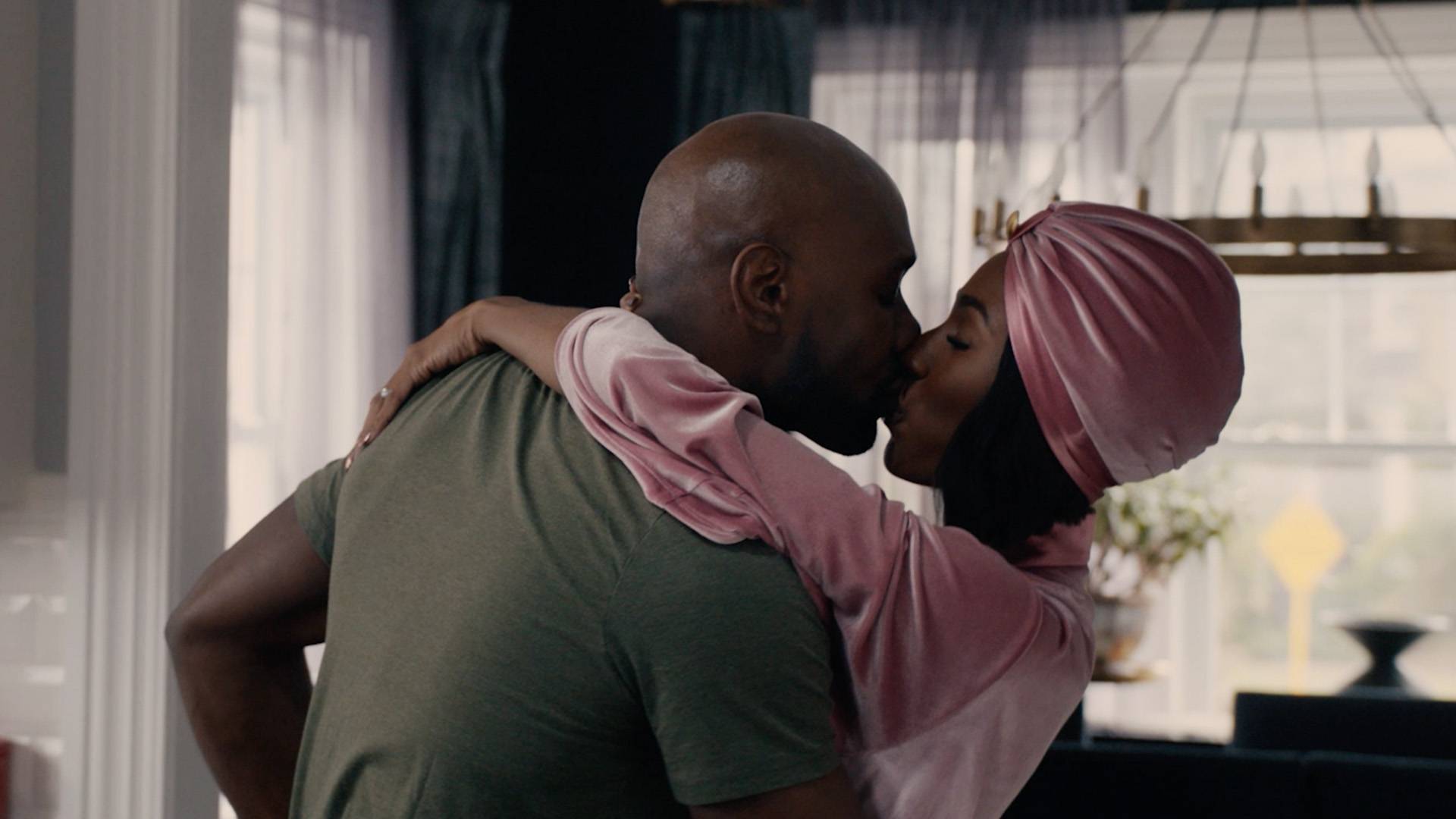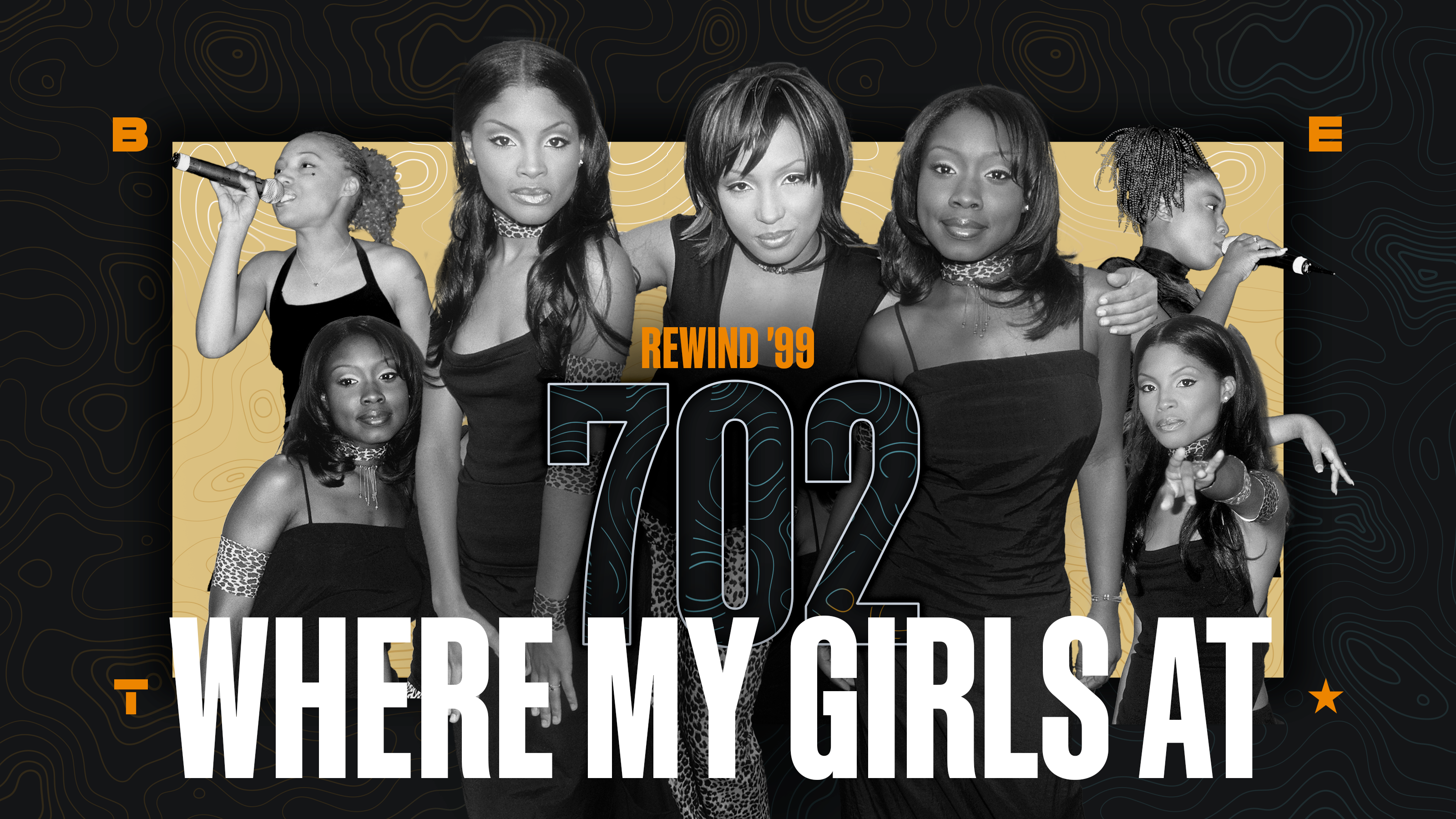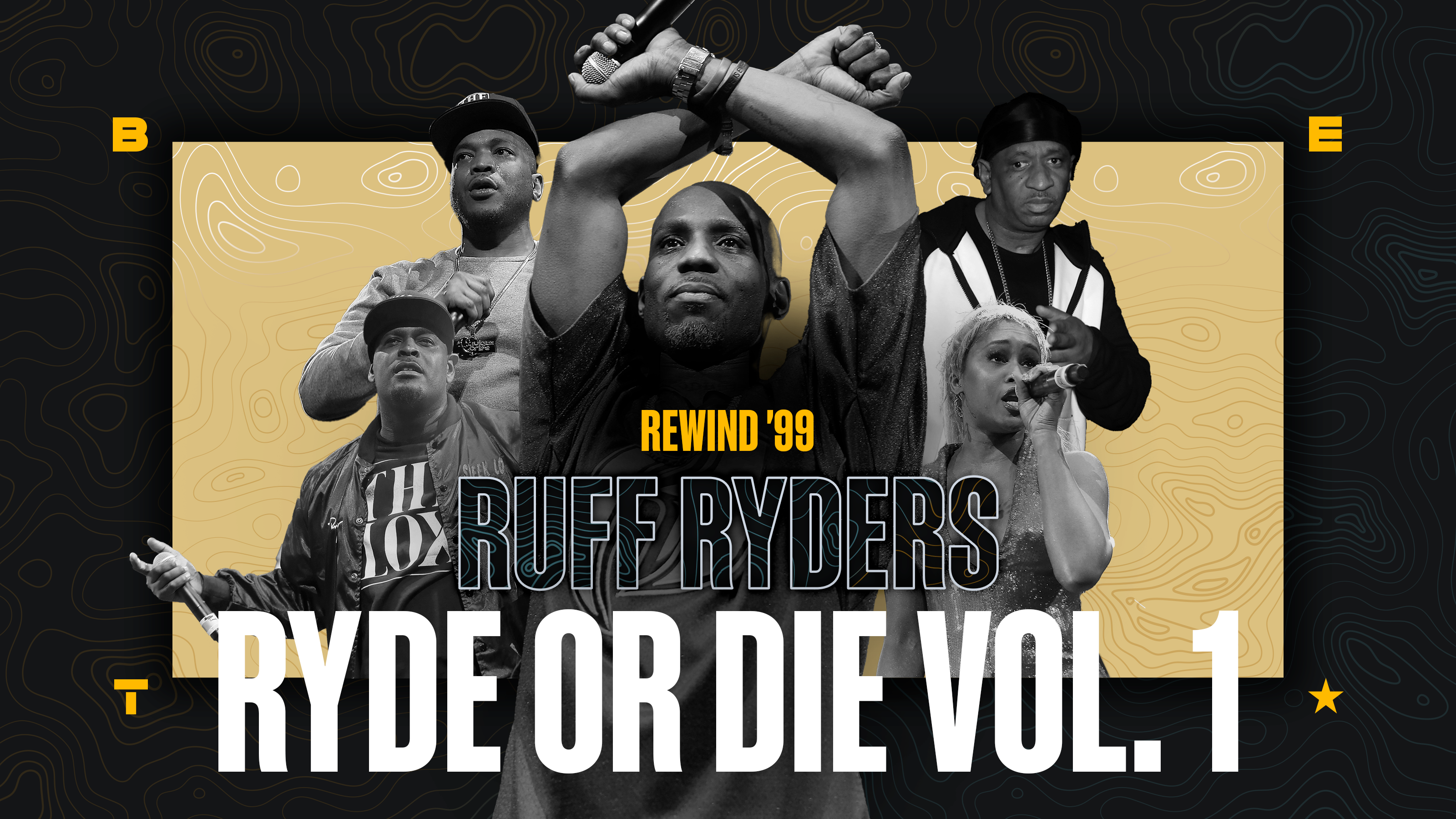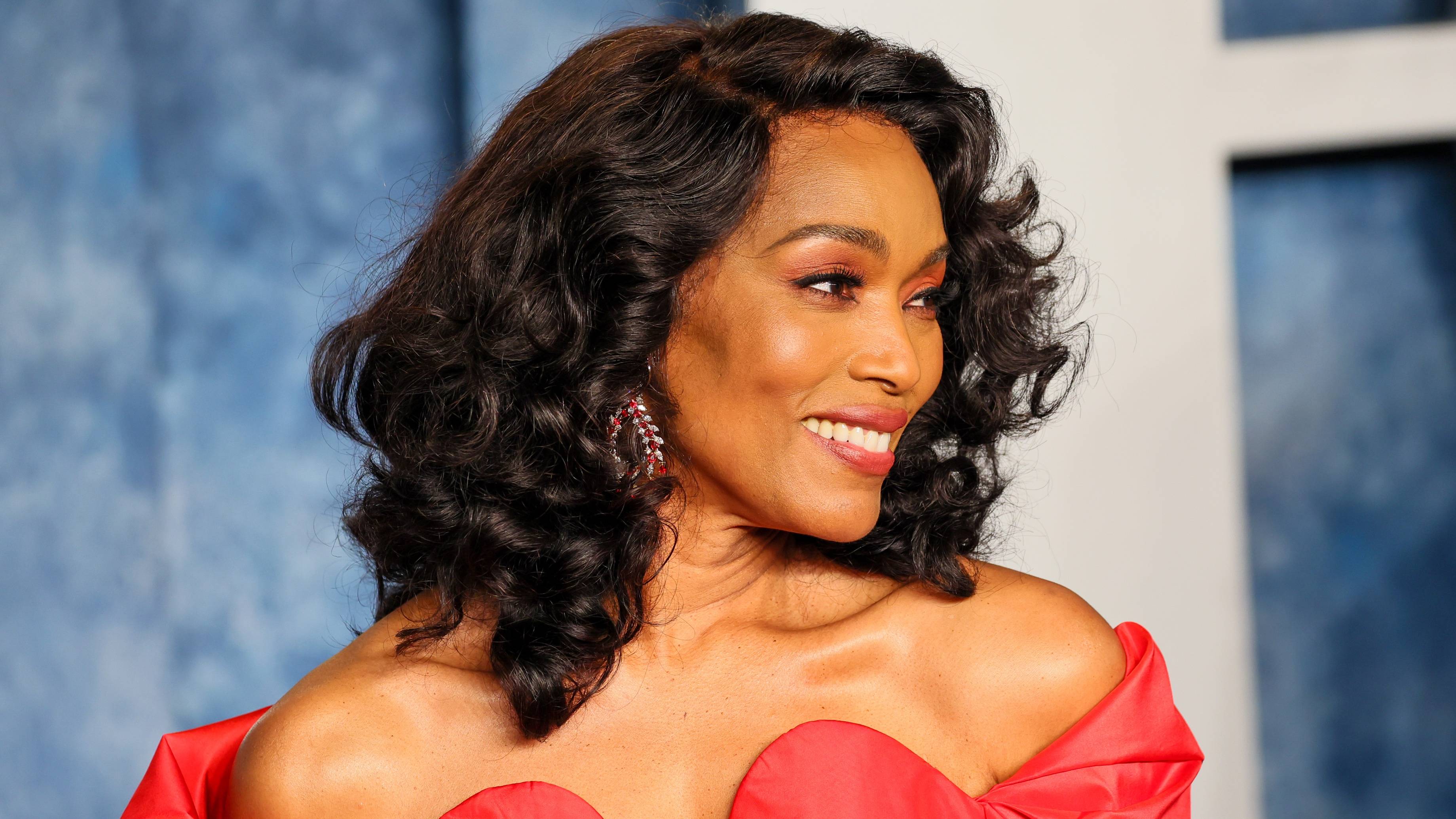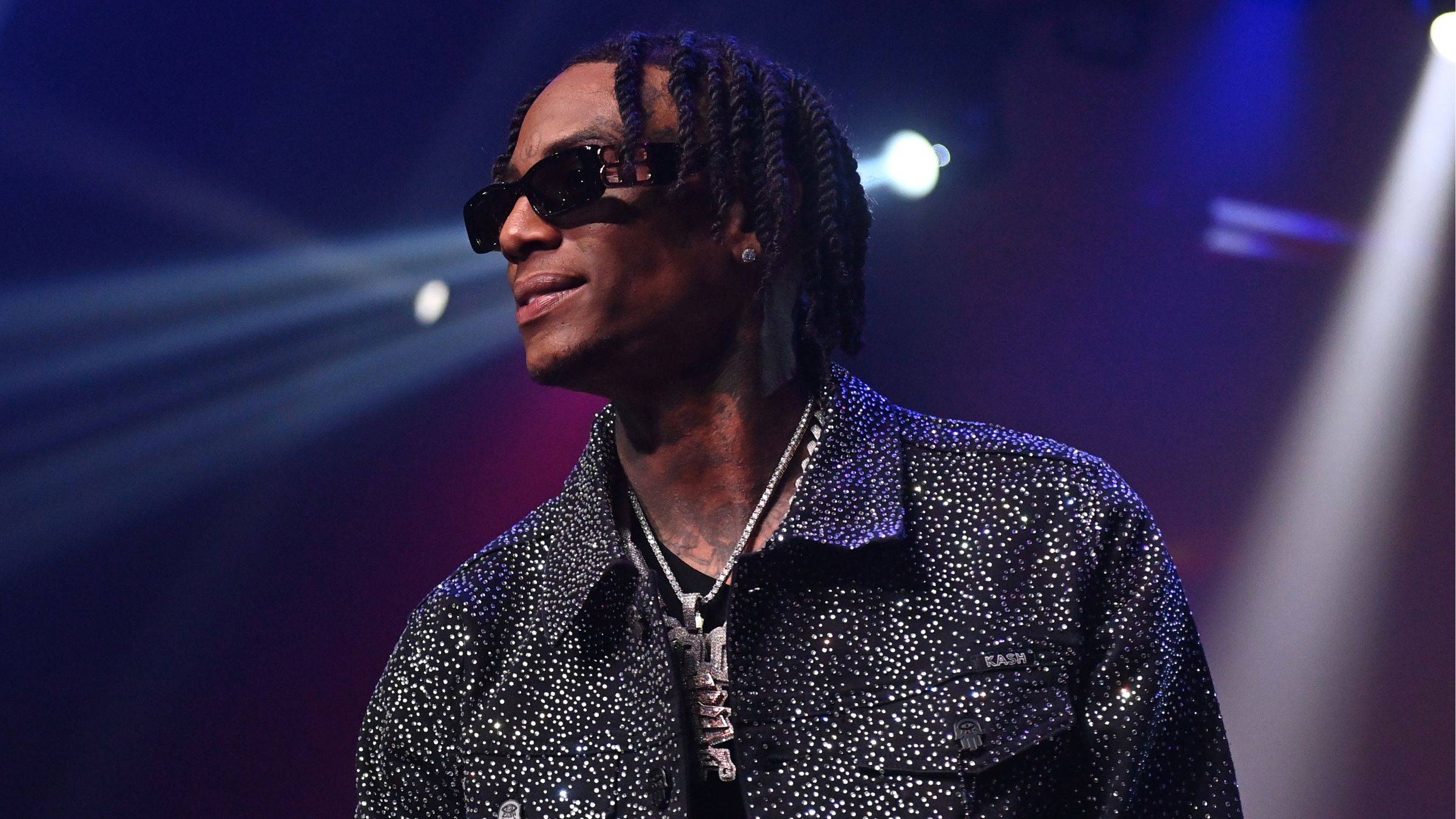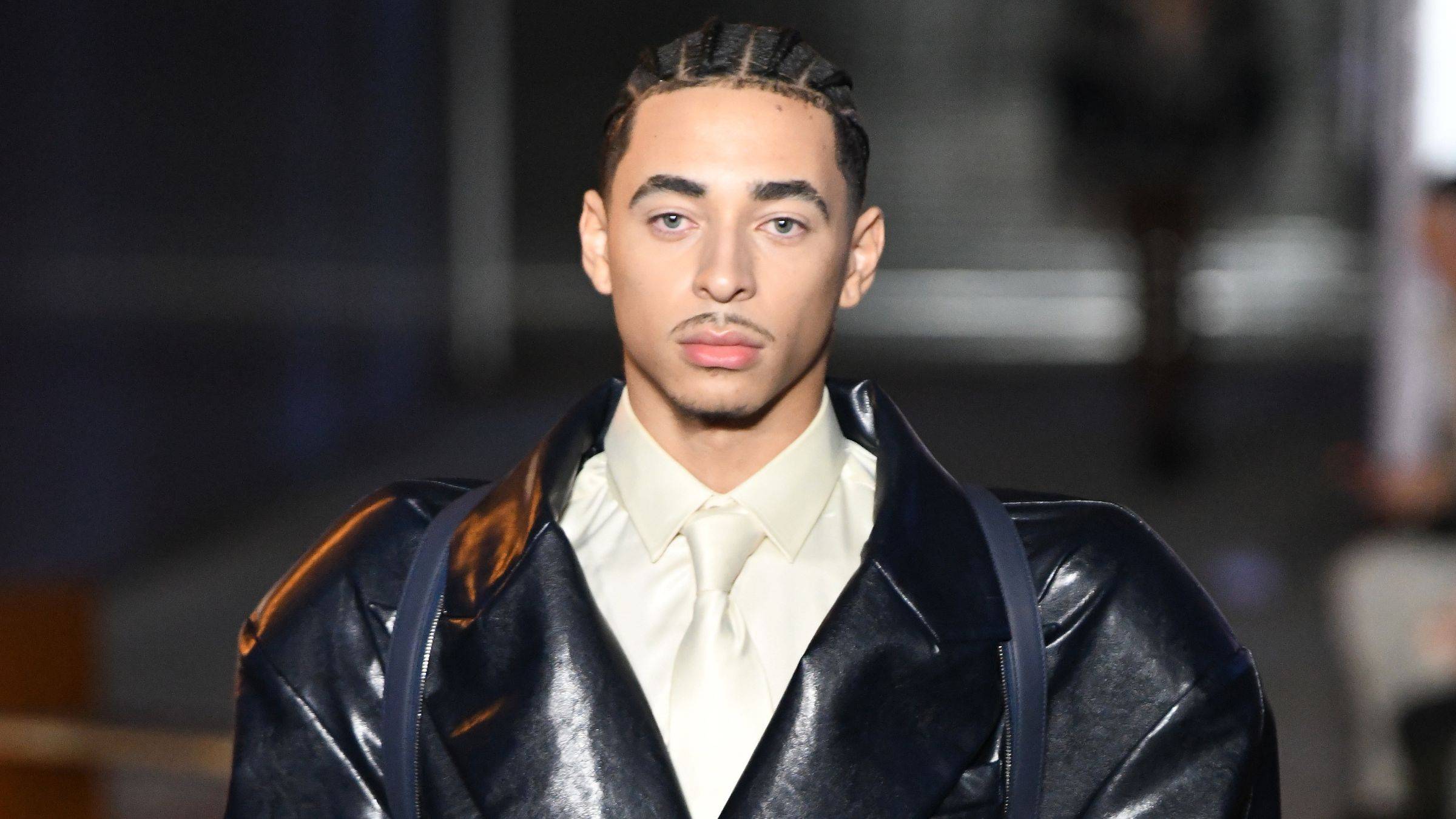Can Imperfect Crime Victims Get Justice?

(The Root) -- The collective, sustained outrage and organizing in response to the Feb. 26, 2012, murder of 17-year-old Trayvon Martin in Sanford, Fla., by police enthusiast and self-appointed neighborhood-watch kingpin George Zimmerman has been both effective and inspiring. Trayvon's parents, Sybrina Fulton and Tracy Martin, refused to accept that their son's murder was justified or that, despite Florida's insane "Stand your ground" law, the man who shot him should not be held accountable. In the midst of unfathomable grief, they relentlessly used the media to get the word out about what had happened and to demand that the legal system take action.
Without their work, joined by black online journalists and bloggers who drove the story -- particularly the Huffington Post's Trymaine Lee -- it's doubtful that most of us would ever have heard of the shooting of Trayvon, who was killed on his way home from a 7-Eleven carrying only a package of Skittles and a can of iced tea.
The national outrage in response to the shooting of Trayvon -- including demonstrations, media coverage, scrutiny of police operations, spontaneous local demonstrations by young people and a million-hoodie march -- forced a re-examination of the circumstances of his death and the eventual arrest and indictment of Zimmerman for second-degree murder.
Trayvon Martin is not alone in being the victim of an unacceptable tragedy. While the outrage and sustained protest over his killing resulted in an indictment and has, at least to this point, been effective (we'll see what the legal system does in the months ahead), it raises the question of why we fail to respond similarly to other victims of such violence meted out by the police or their groupies. Have we fallen into the trick bag of being able to perceive state criminality and demand justice only for those we perceive as innocents? Have we bought into a "perfect victim" mentality?
In a March 20 piece in the New Republic, "What a Florida Teenager's Death Tells Us About Being Black in America," John McWhorter describes one of the tragedies of the confrontation between Trayvon and Zimmerman as "the senseless death of a bright, good-natured boy." I'd argue that the central horror of Trayvon's death is that it wasn't senseless but was actually par for the course for black men in America. Much as we might like to convince ourselves otherwise, too often the function of formal and informal policing in America is to repress, intimidate and at times serve as executioner when the policing is of black males. (And, less frequently, black women.)
Read the full story at theroot.com.
BET National News - Keep up to date with breaking news stories from around the nation, including headlines from the hip hop and entertainment world. Click here to subscribe to our newsletter.
(Photos from left: Facebook, CBS News)
